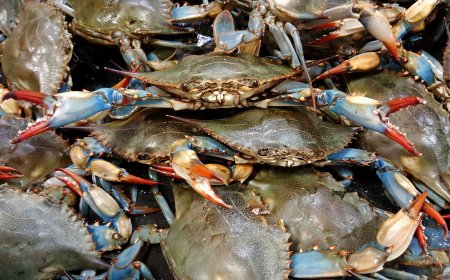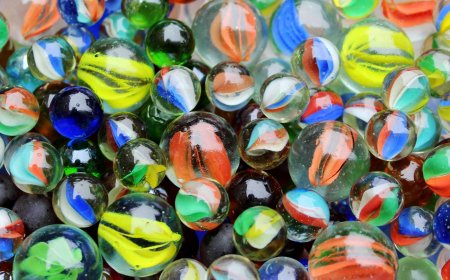Tuba: The Philippines' Ancient Coconut Wine Tradition
Tuba, the Philippines’ iconic coconut wine, is more than just a drink—it’s a cultural experience. From its traditional harvesting to its role in Filipino celebrations, tuba brings people together with every sip.
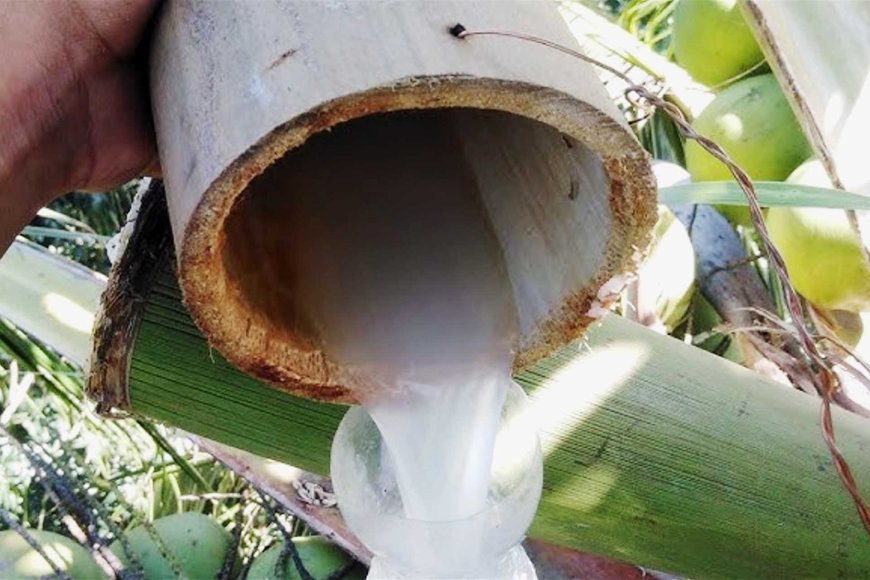
The Rich Culture and Unexpected Fun Behind the Beloved Filipino Coconut Wine
Imagine a drink so ancient, it was already around when your great-great-grandfather was still chasing carabaos in the rice paddies. Now, fast forward to the 21st century, where everyone’s obsessing over fancy cocktails with names like "Mango Tango" or "Dragonfruit Mojito." But, little do they know that the true OG (Original Gulper) of the Philippines is tuba, the island nation's very own coconut wine. It’s not just a drink; it’s a lifestyle.
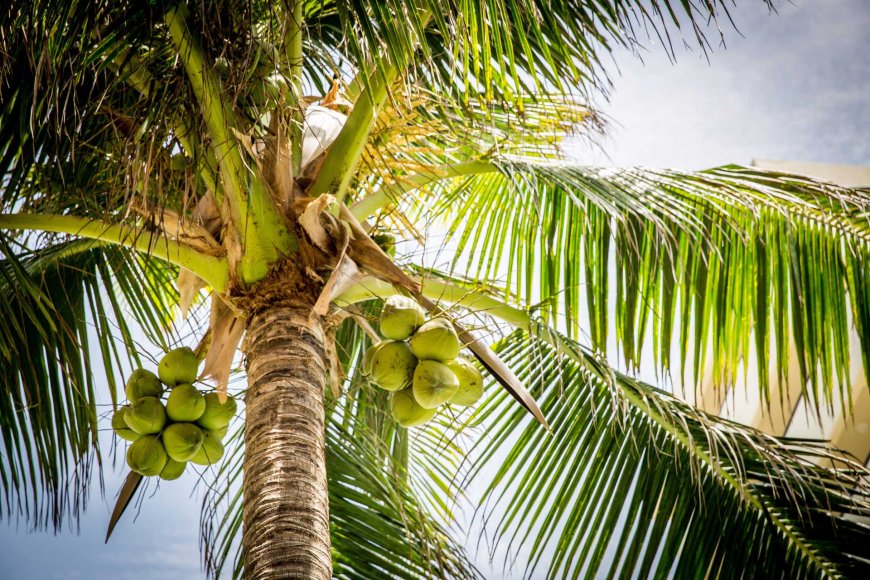
What is Tuba?
For those who’ve never encountered this legendary beverage, let me paint a picture. Tuba is a coconut sap-based wine, traditionally harvested by tuba gatherers, also known as "manananggot." These brave souls shimmy up towering coconut trees (sometimes with the grace of a drunk monkey) to extract the precious sap from coconut flower buds. They collect the sap in bamboo containers and let it ferment naturally. The result? A mildly sweet, slightly tangy, milky drink with a kick that creeps up on you.
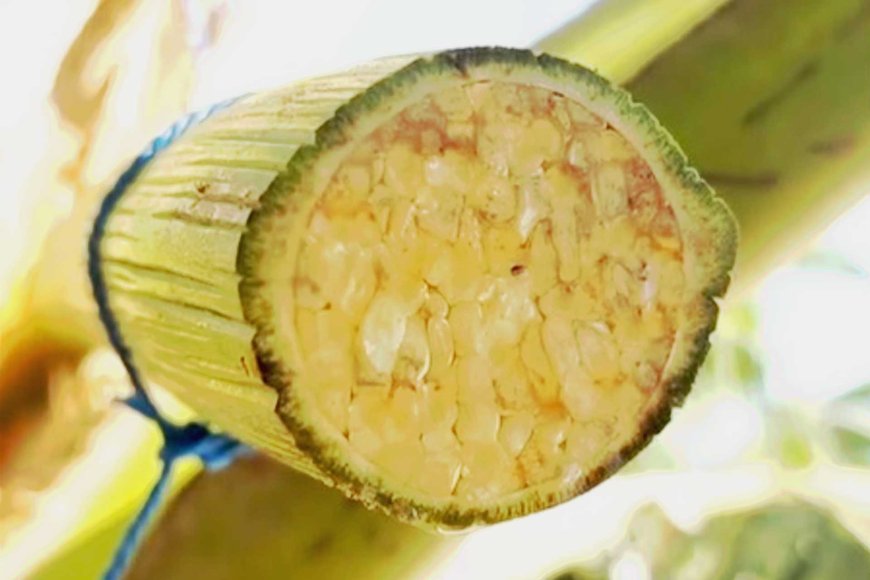
The Process: An Ancient Dance with Nature
Gathering tuba is like a combination of acrobatics and chemistry. First, you climb the tree (because duh, coconuts are usually in high places). Then, with the skill of a ninja, you make a small incision on the flower stalk, attach a bamboo tube, and let gravity do its thing. The sap drips slowly into the container, ready to transform from sweet nectar to the slightly tipsy nectar of the gods.
There’s a window of time for drinking fresh tuba before it fully ferments into lambanog, a much stronger, distilled version. Fresh tuba is like a playful kitten—gentle and fun. Lambanog, on the other hand, is like a lion—it roars.
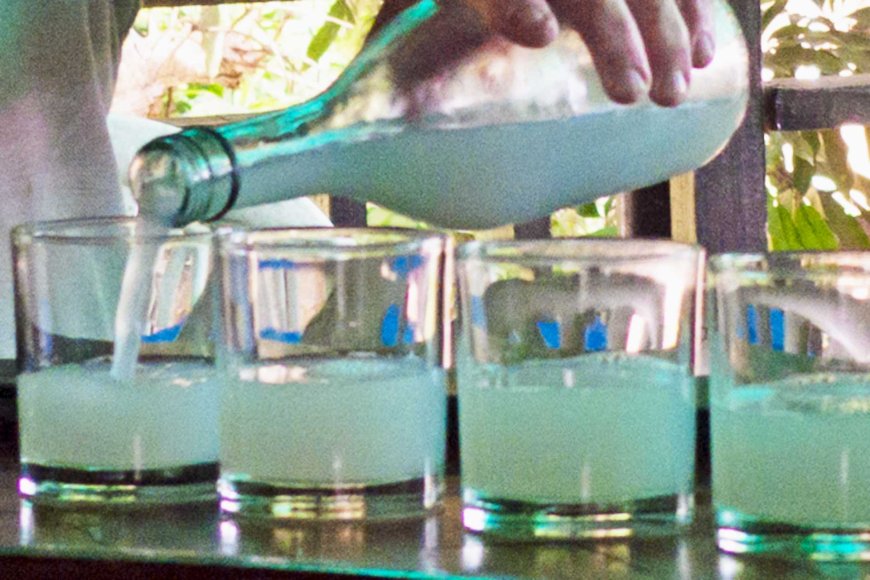
The Red Tuba Mystique
The mysterious red tuba. No, it’s not a new superhero—although it should be. Red tuba gets its vibrant color from the bark of the mangrove tree called barok. When mixed with the coconut sap, it gives the drink a reddish tint, as if it’s dressed up for a fiesta. Locals say that red tuba is stronger and has more flavor. It’s the kind of drink that can make you believe you’re a karaoke superstar, even if the neighbors think otherwise.
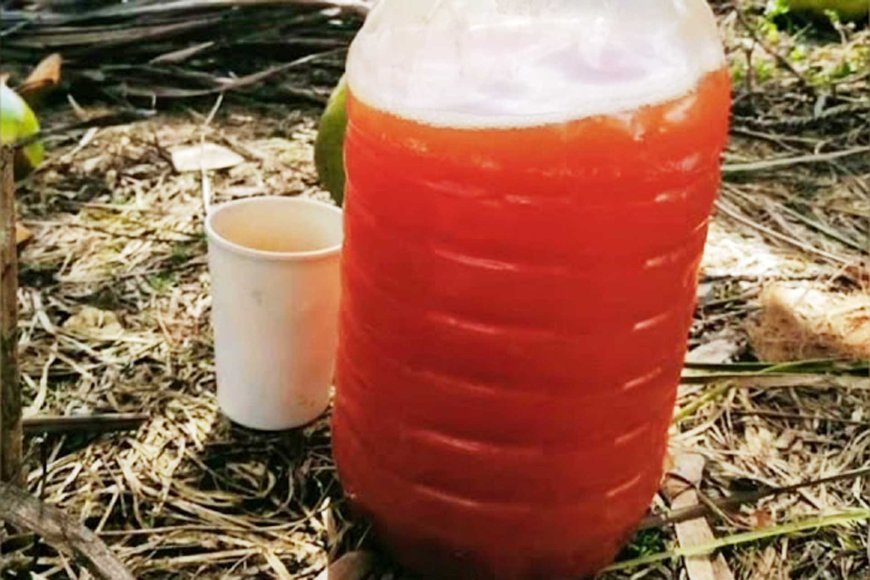
Tuba in Modern Times: The Revival
Believe it or not, tuba is making a comeback. With the rise of organic and natural products, more people are discovering the joys of this centuries-old drink. It’s like the quirky cousin of champagne at a fancy dinner party. In fact, some local entrepreneurs are even bottling and branding tuba for the modern market, turning it into a hip artisanal product.
Just imagine tuba with a slice of lime and a sprig of mint—move over, mojito, there’s a new sheriff in town!
Tips for Tuba Virgins
- Don’t chug it like a frat boy with a keg. Sip it, savor it, and let the flavors of the coconut dance on your tongue.
- Pair it with local dishes like kinilaw (a raw seafood salad) or lechon. The acidity of the tuba cuts through the richness of these foods like a ninja slicing a papaya.
- Go easy! Tuba might seem innocent, but after a few cups, you might find yourself confessing your deepest secrets or dancing in ways you never thought possible.

A Toast to Tuba!
In a world full of fancy, overpriced drinks with names you can’t pronounce, tuba stands tall—like the coconut tree itself. It’s simple, it’s natural, and it’s authentically Filipino. Whether you’re in a nipa hut by the beach or a high-rise condo in the city, tuba is a reminder that sometimes the best things in life come from the simplest of places.
So, the next time you find yourself in the Philippines, skip the sangria and say, "Cheers!" with a glass of tuba. Just make sure you’re ready for the stories and laughter that will inevitably follow. Because with tuba, it’s never just about the drink—it’s about the experience.
Find Cheap Flight Tickets to any Destinations in Japan and the Philippines
Nipino.com is committed to providing you with accurate and genuine content. Let us know your opinion by clicking HERE.




















































